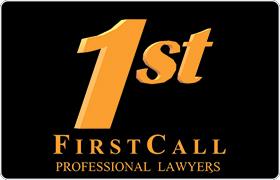Torrance Felony Lawyer, California, page 2
Sponsored Law Firm
-
 x
x

Click For More Info:
-
First Call Legal Services Corporation
530 Hacienda Dr Unit 101B Vista, CA 92081» view mapCriminal Defense Effective. Versatile. Decisive.
Our vision is to build strong, trust-based client relationships from our first handshake. Every challenge is an opportunity. You need the RIGHT PEOPLE for the job you want done.
760-690-3999
Margaret F. Mendoza
Criminal, DUI-DWI, Felony, Misdemeanor
Status: In Good Standing Licensed: 36 Years
FREE CONSULTATION
CONTACTFREE CONSULTATION
CONTACTShaun Khojayan
Criminal, White Collar Crime, RICO Act, Felony
Status: In Good Standing Licensed: 26 Years
FREE CONSULTATION
CONTACTFREE CONSULTATION
CONTACTFREE CONSULTATION
CONTACTFREE CONSULTATION
CONTACTSeppi Esfandi
White Collar Crime, Misdemeanor, Felony, Criminal
Status: In Good Standing Licensed: 24 Years
 First Call Legal Services Vista, CA
First Call Legal Services Vista, CA Practice AreasExpertise
Practice AreasExpertise
